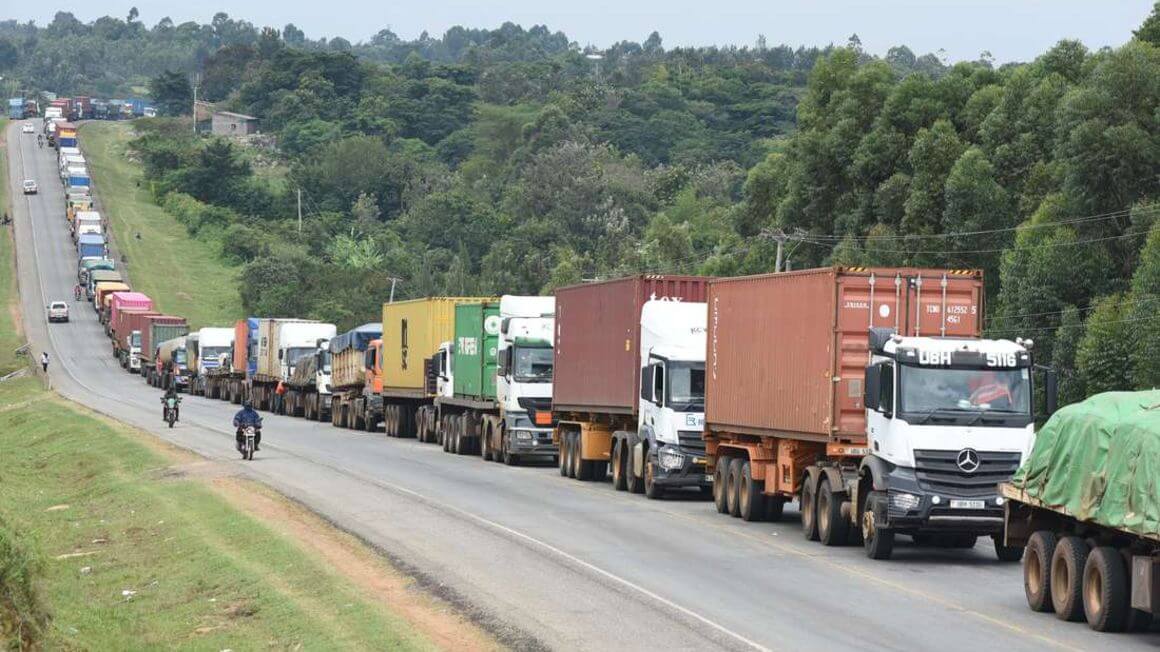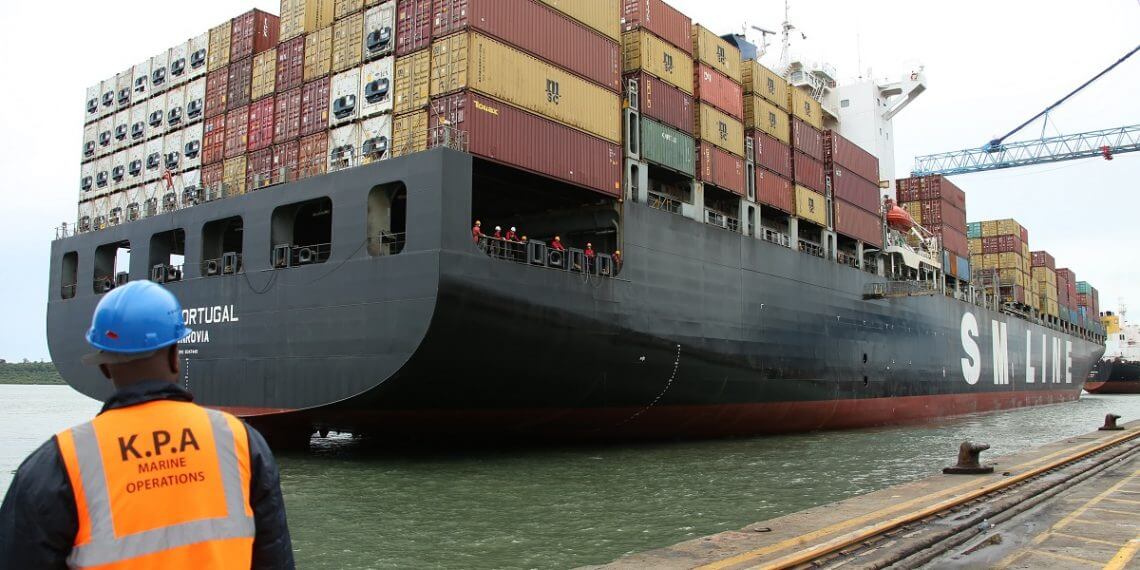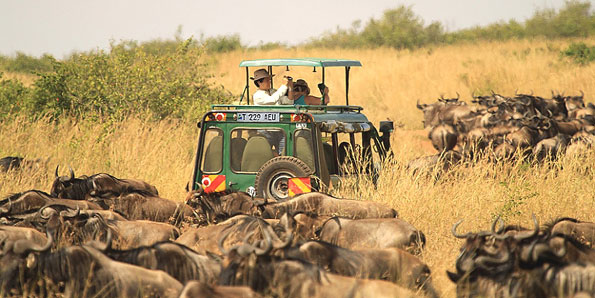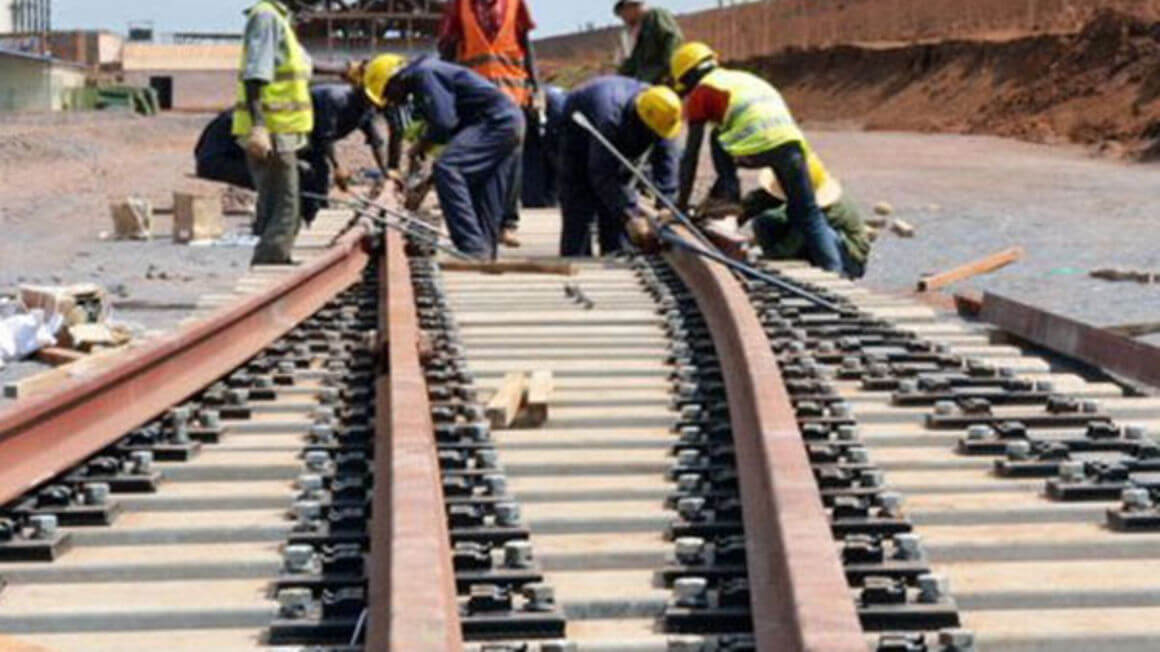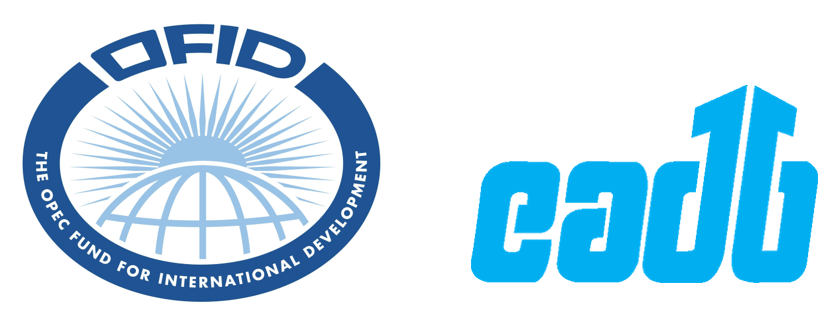Slow Covid-19 testing result in long queues such as this on Bungoma-Malaba highway, and costly delays. FILE PHOTO | NMG As the East African economies re-open after many months of hiding from coronavirus, Covid-19 tests have become the latest non-tariff barrier to regional trade. The EastAfrican reported that Rwandan cross-border transporters are losing money as the impasse over Covid-19 testing of drivers continues to hold up the movement of goods from the port of Dar es Salaam to Kigali. Rwanda too does not accept Tanzanian Covid-19 certificates presented by Tanzanian truck drivers, preferring to do its own tests. Uganda and Kenya are holding their noses, and looking away pragmatically. They accept anyone’s certificates. But even with the system “working”, it is still very slow compared to the pro-pandemic times — which themselves were actually quite shambolic. These Covid-19 penalties, say economists, are now the biggest source of the increase in prices of goods and services in the region. With projections of vaccines getting to the region at the end of 2021, we are in for some bleak times unless enlightenment descends upon governments soon. There are ways out if there are people bold enough in East African executive mansions to seize on them. Beyond the health concerns, there is some narrow nationalism, and a sense that competitive advantages might somehow be extracted through this Covid-19 tests politics. But if that can be overcome, technology offers a path to speed everything up. First, to manage the politics and save face, let...
Fed up with the noise around Covid-19 certificates? Try an app
Posted on: October 5, 2020
Posted on: October 5, 2020

